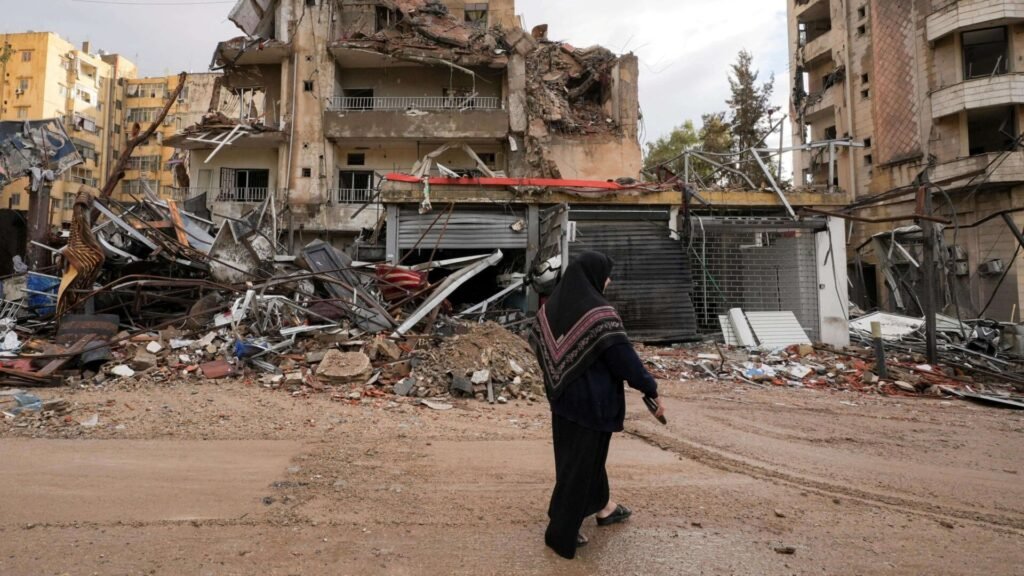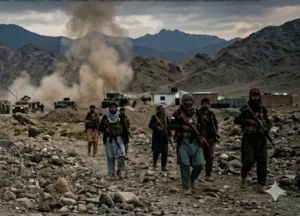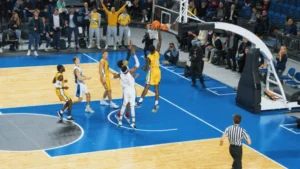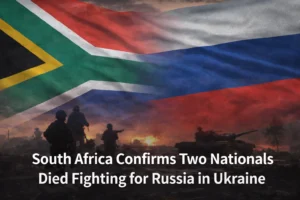Early on Wednesday, an Israel-Hezbollah ceasefire agreement was signed for a truce in Lebanon to put an end to the 14-month-long ongoing war. According to the ceasefire, France and the U.S. mediated calls for Hezbollah to evacuate its troops from southern Lebanon while Israeli forces will also move back across the border.
Thousands of Lebanese military and UN peacekeepers in southern Lebanon will enforce this truce while an international panel will monitor compliance. Israel’s Prime Minister Benjamin Netanyahu warned that Israel would respond forcefully to any violations, emphasizing that the military remains on alert. He stated that they would attack with might if Hezbollah decided to break the truce.
U.S. President Joe Biden called the truce a “permanent cessation of hostilities” but also stated that Israel has the right to resume the fight in case Hezbollah breaches the truce. Israel launched one of the heaviest attacks on Beirut following the ceasefire announcement. On Tuesday, airstrikes leveled a residential building, killing at least seven people and wounding 37 others.
Hezbollah has conditionally accepted the deal, though officials expressed concerns over sovereignty. “We want an end to the aggression, of course, but not at the expense of the sovereignty of the state,” said Mahmoud Qamati, deputy chair of Hezbollah’s political council.
Lebanon caretaker Prime Minister Najib Mikati praised the deal, emphasizing its importance for stability and the return of displaced families. The conflict has killed more than 3760 people, displaced 1.2 million in Lebanon, and caused significant damage.
Hezbollah rocket firing into Israel has resulted in the evacuation of 50,000 residents and the deaths of 75 individuals, including more than 50 soldiers. While the Israel-Hezbollah ceasefire agreement offers hope for peace, both sides remain cautious as the region waits to see if the ceasefire will hold.









